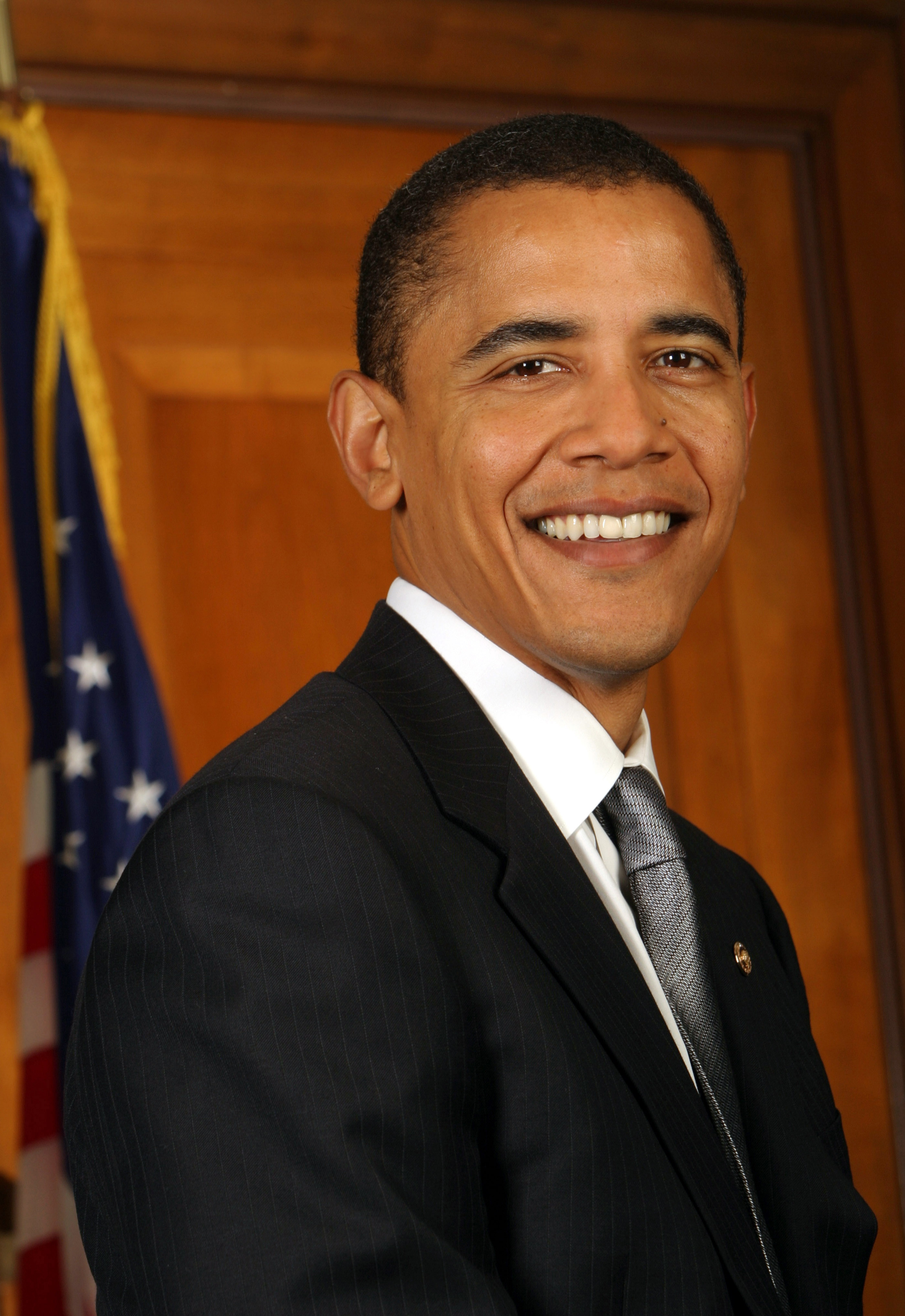After much campaigning and anticipation, Barack Obama was re-elected as President of the United States on Nov. 6 with approximately 332 electoral votes to his Republican opponent Mitt Romney’s 206 electoral votes.
It was projected leading up to the election that the results would be very close and that there was a likely chance either candidate could be the winner. However, even before the votes for some states had been tallied, Obama was declared the winner.
Celebration erupted in Chicago as the news broke out, with people chanting “four more years, four more years.”
Obama addressed the cheering crowd, saying to the American people, “We are an American family and we rise or fall together as one nation, one people. We have fought our way back [ . . . ] and we know in our hearts, that for the United States of America the best is yet to come.”
Obama won eight out of the nine swing states, which included: Florida, Ohio, Virginia, Iowa, Wisconsin, New Hampshire, Colorado, and Nevada. He lost only North Carolina.
Many commentators have claimed that Obama’s victory came from winning the majority of votes from marginalized groups, including 75 per cent of the Latino vote, over 90 per cent of the African American vote, 73 per cent of the Asian American vote, and approximately 39 per cent of white non-Hispanic voters.
According to polls conducted by the National Association for the Advancement of Coloured People, National Coalition for Asian Pacific American Community Development, and Latino Decisions, the majority of voters cited issues around the economy and jobs as their main concern in deciding their vote.
Following the end of the election, Romney was quoted as saying that he had lost the election because Obama had been handing our bribes during his campaign.
“It’s a proven political strategy, which is, give a bunch of money from the government to a group and guess what? They vote for you.”
Soon after the results were revealed discussions on how to navigate around the issue of the upcoming “fiscal cliff” have taken centre stage. The fiscal cliff is the simultaneous introduction of both tax increases and deep cuts in government. It is estimated that upcoming fiscal cliff in January could drain the economy of approximately $500 billion.
The next big struggle for Obama will be negotiating with lawmakers to come up with a plan to tackle the fiscal cliff and alleviate some of the dangers posed by it. On the issue of the fiscal cliff, Obama said that economic damage is possible but only if there is no cooperation from Congress.
“Obviously we can all imagine a scenario where we go off the fiscal cliff, [which would be due to] too much stubbornness in Congress.”
Many commentators have said that the main issue standing in the way of cooperation between the White House and Congress are issues surrounding taxation.



